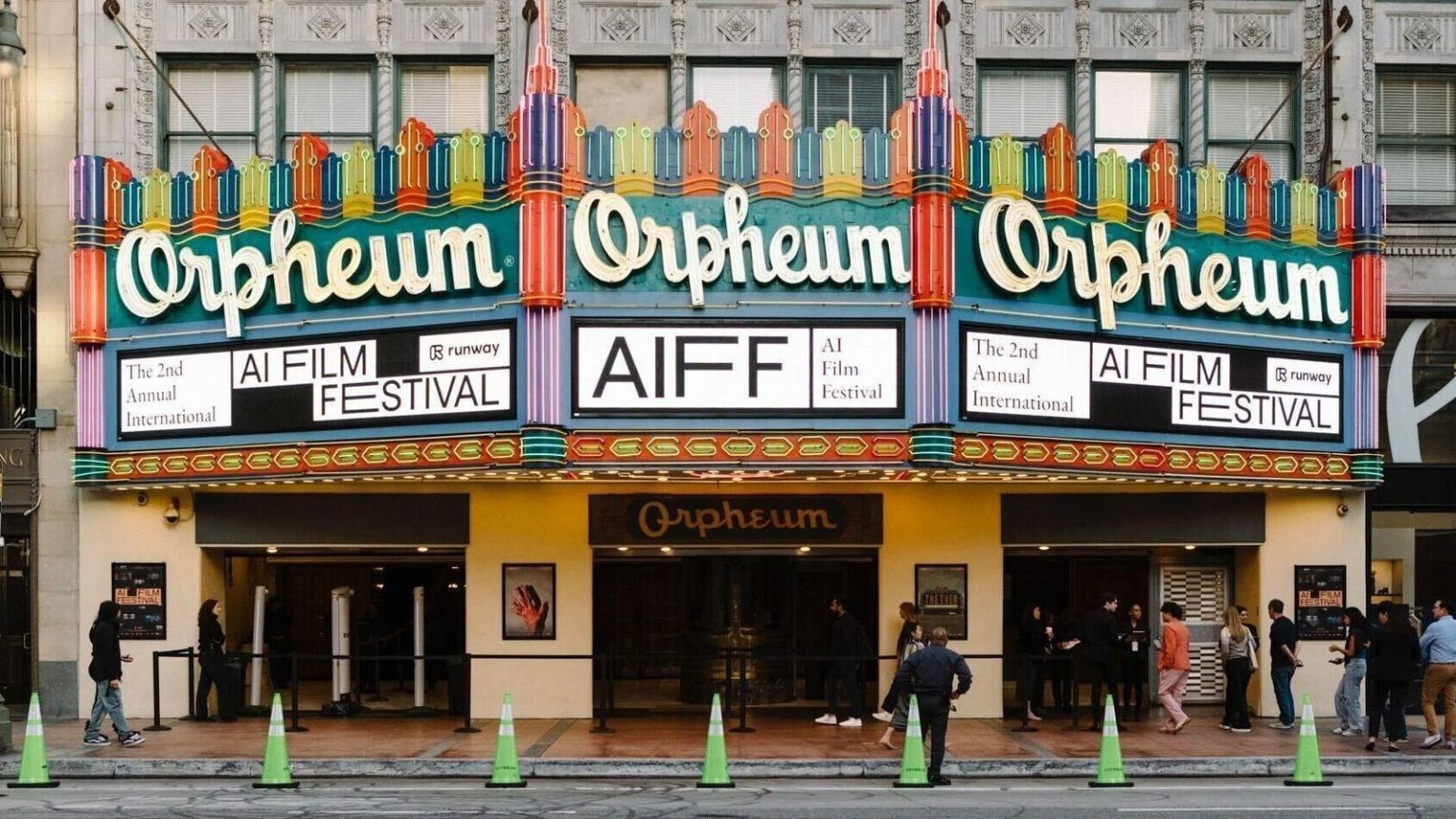The second AI Film Festival (AIFF) recently concluded in New York after premiering in Los Angeles. The festival featured a panel discussion led by Dana Harris-Bridson, editor of Indie Wire, along with industry experts discussing topics such as ethics, fear of job displacement, and the evolving nature of AI in cinema. The program showcased ten finalists, selected from over 2,500 submissions, highlighting the growing interest in AI-driven filmmaking.
Founded in 2023, the AIFF aimed to explore the intersection of AI and cinema, with this year’s entries surpassing 2,500 submissions. Films were required to be between 1-10 minutes and incorporate AI at any stage of creation. A panel of experienced judges, including filmmakers and executives, evaluated the films and awarded cash prizes, Runway credits, and recognition to the winners.
This year’s Grand Prix winner, “Get Me Out” by Daniel Antebi, exemplifies how AI can enhance the visual and emotional depth of cinematic storytelling. Antebi, an accomplished director whose work has been recognized at prestigious film festivals, showcased the potential of AI in creating impactful narratives. Runway, the organization behind the festival, has received significant funding and recognition for its AI-driven creative tools.
Founded in 2018, Runway has emerged as a leader in AI-driven creative tools, with a recent $141 million funding round led by tech giants such as Google and Nvidia. CEO Cristobal Valenzuela envisions a future where AI can generate entire visual environments, democratizing and accelerating creative processes. Valenzuela believes that scaling models will be crucial for improving fidelity and controllability in AI filmmaking in the future.
The AIFF provides a platform for artists and filmmakers interested in exploring Cinematic AI, although the current state of technology poses constraints. While filmmakers can use various AI tools, they are limited to creating short video clips, leading to challenges in character continuity and lip sync. Some films showcased at the festival were described as ambitious yet arty and often hard to decipher, reminiscent of experimental art from past decades.
Despite the limitations of current AI technology, there is optimism about the future of cinematic AI and its potential to revolutionize filmmaking. Industry experts believe that advancements in AI will lead to new storytelling possibilities while emphasizing the importance of maintaining the focus on compelling narratives and characters in film. The AIFF serves as a catalyst for innovation and collaboration in the field of AI-driven filmmaking, paving the way for a new era of creativity and expression in cinema.













